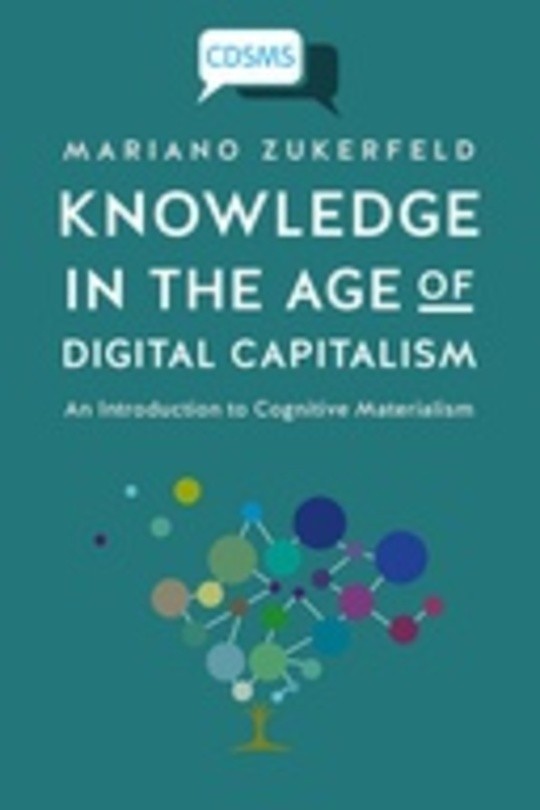
Knowledge in the Age of Digital Capitalism
Free
Description
Contents
Reviews
Language
English
ISBN
978-1-911534-24-2
Acknowledgments
Introduction
Chapter 1. Capitalism, Physical Property and Intellectual Property
1.1 The Two Arms of Capitalism...
1.2 ...and the Two Aspects of Goods: Physical Matter and Knowledge Matter
1.3 Physical Matter: A Brief History of ‘Matter’ and Energy
1.4 Towards the Other Entity? Beyond Physical Matter
1.5 From Information to Knowledge Matter
1.6 Knowledge Matter and Why It Matters: Towards a Materialist Perspective of Knowledge
Chapter 2. How to Know Knowledge? Introducing Cognitive Materialism
2.1 Epistemology
2.2 Marxism and the Sociology of Knowledge
2.3 Cognitive Materialism
Chapter 3. The Typology of Knowledge
3.1 Objectified Knowledge
3.2 Biological Knowledge
3.3 Subjective Knowledge
3.4 Intersubjective Knowledge
3.5 Cognitive Material Configuration
3.6 The Cognitive Material Configuration of Merchant, Industrial and Informational Capitalism
Chapter 4. Knowledge Flows: From Translation to Capitalism
4.1 Three Simple Operations: Transduction, Sensory Conversion and Actuating Conversion
4.2 A Complex Operation: Translation
4.3 Attention
4.4 Productive Processes
Chapter 5. Capitalist Exploitation
5.1 Introduction: Regulation, Expropriation and Exploitation
5.2 Regulation
5.3 General Concept of Expropriation and Exploitation: Common Aspects and Divergences
5.4 Capitalist Expropriation
5.5 Commercial and Non-Commercial Exploitation
5.6 Capitalist Exploitation
5.7 Three Types of Capitalist Exploitation
Chapter 6. Classes: A Theory from a Cognitive Materialist Perspective
6.1 Introduction: The Need for a Theory of Social Classes
6.2 The Proposal: Classes from an Abstract Perspective
6.3 From Feudalism to Mercantile Capitalism
6.4 From Mercantile to Industrial Capitalism
6.5 From Industrial to Informational Capitalism
6.6 Classes in Informational Capitalism
Conclusions
Notes
References
The book hasn't received reviews yet.

